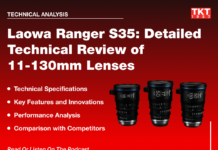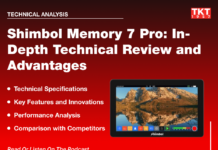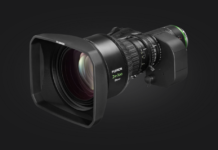 Interview with Fabio Gattari, Founding partner and Director at Etere.
Interview with Fabio Gattari, Founding partner and Director at Etere.
– How were you able to step into the international market and why?
As I mentioned earlier, we became a big part of the Italian market in 3 years. But before selling any of the products, I took a trip to Las Vegas for NAB to see what the other companies did. At that time I realized that they didn’t have software only companies but were still big businesses.
I understood that we needed to change from an Italian company to an international company and the first thing we must do is to change everything to English which was quite very difficult. I also tried to contact distributors and other companies.
It was tricky at the beginning because no one knew us. In the meantime, we changed most of our products from radio to TV where there was bigger margins and less competition so you could say we stepped into the international market using TV not radio.
– How did taxes and international laws on money transfers affect the company?
Taxes didn’t have that much effect. The only thing that changed is the currency. Border closing didn’t affect us because we don’t ship anything. Money transfers were a little bit cheaper and within Europe, you can travel anywhere without a visa.
– In some countries like the US and Germany, some streets are named after offices or companies. Is it the same in Italy and do you have any street named after Etere?
Originally, the Italian office was in Etere no 1, it was so until the local administration asked us to change it after being so for more than 10 years. In our city, we are the only high tech international company that exists. But we have moved the headquarters to Singapore where I am based now.
– What results has your company obtained since its inception and how do you access your current market position?
Currently, there are few big giants and other smaller companies. I would say we are in the middle. We are privately owned as opposed to some publicly owned companies, we don’t have investors that compel our product development or any process in our business. So we depend on our resources. Currently, our market share is around 3-4% percent.
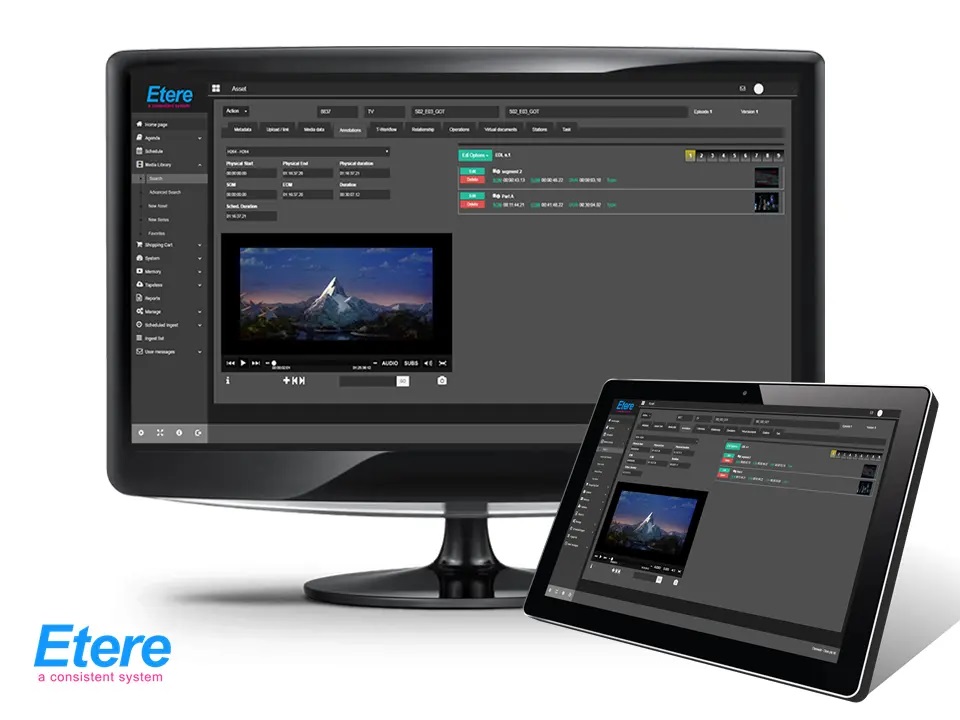
We stay well with this. I don’t think we can achieve 10% without changing and getting more resources. We are also quite stable because we have customers all over the world. In the case of any political instability or economic change this won’t cause a shake in our business.
– What range of products do you currently provide for radio and TV professionals?
We started as a software company and in doing so, it was easy for us to grow. We provide a complete ecosystem for any broadcasting station. We are different from the most of our competitors who combine different products together in order to exchange their data. So we have Media Asset Management, Automation, Newsroom, HSM Archive, Air Sales, Ad Insertion, BMS, Logging and Closed captioning. Also we have one very niched product called Censorship and other stations for new media OTT/VOD so you could use our MAM not only conventionally but also with OTT/VOD.
– Who are your key customers and what project are you mostly proud of now?
Our main customers are the national TV stations. We perform better with bigger organizations. In Italy we work with both state televisions and Mediaset for a long time. Another is VTV in Vietnam. But we are mostly proud of Mondo TV which has the biggest NDI and Media Asset Management system. It is the major so far in the number of channels and stations.
– What products have been the main focus of your company and why?
The Newsroom. The reason is that we have a complete ecosystem for the news. We offer the MAM, Playout, Archive social media delivery and all other products that are absolutely mandatory. Using the Newsroom, you can have one single product that covers everything without any integration problem or loss of data because everything is managed on a single platform.
In the future, we are looking to go more into the radio automation. We hope to see it as our flagship product because we can combine it with a whole range of products which are rare to find.
– How do you aim to provide software-defined virtual and IP-centric advanced technological solutions?
When we started, we tried to see the biggest opportunities for a software company. To be a software-defined network and to run in a virtual system was our goal from the onset and it has been successful. However, the arrival of SMPTE 2110 brought with it some challenges because it was not designed to run in a virtual system which drags us back.
Currently, our position is that we are running on a digital IP Visaport 2110. But on the other hand if you want to run a full virtualized system on the cloud, we strongly suggest you use NDI and we have developed a unique version for the NDI compatible systems. We specifically create products for NDI. We do this because we forecast that as time goes on, broadcasters will rely more on NDI.
– Can you tell us more about third-party integrations?
We believe that the customer comes first and as mentioned, and produce a complete ecosystem but we also understand that a customer may prefer to have their MAM from our company and automation from another company. We care about our customers and if they want us to integrate we are always ready to do that. We also believe that no man is an island. Etere is always open to any integration when it comes to our customer’s choice.
– You have spoken about the Newsroom, can you summarize some of the benefits your solutions provide in such a competitive sphere as news production?
For news production, we provide an end-to-end solution. It is very unique in the market and there are no companies that produce end-to-end from a single software vendor. So we start by acquiring feed from the agency or from camera, we have our own testcoding, archiving and newsroom and all this is done using only Etere products. Etere’s archive is the fastest way today to retrieve videos and in addition we have our mobile app which enables the reporter to shoot and write from the field.
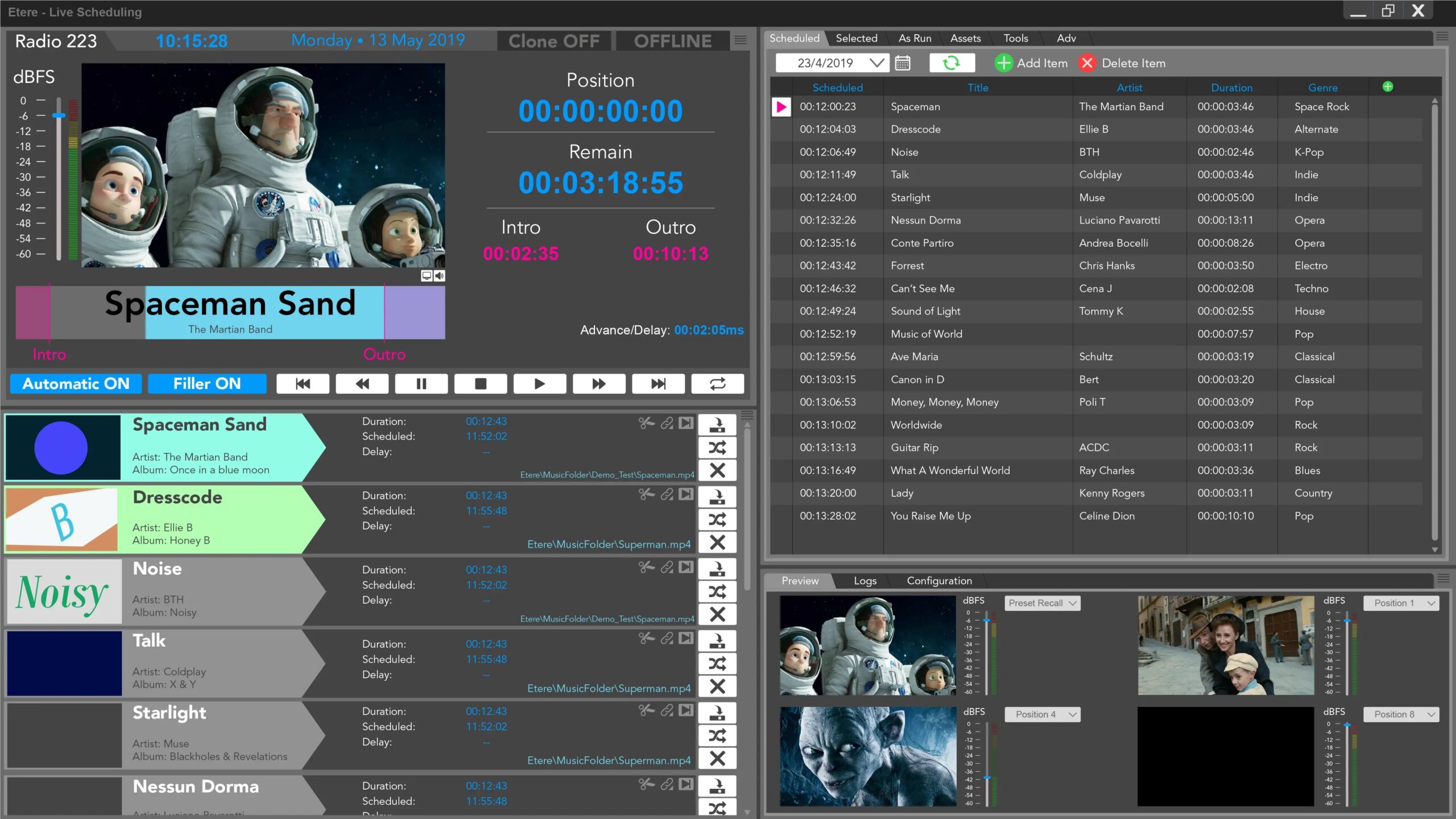
– What’s about the customization of your products? How easily can your products adapt to the functionality and requirements of clients?
Since we have majorly worked with big customers from the onset, we have made it a custom to always make our clients preference ready and available for anyone who might need it. If a customer wants a customized design, interface, output or input, we are always ready and willing to oblige. Our company will always prioritize their customer’s needs.
– Concerning your market plans in different regions, I believe Etere opened a new office in Dubai this September. What does this mean for your customers and company’s development?
In the future we forecast a change in the economic prosperity of Singapore and that is why we are implementing plans to move to Dubai. And apart from Asia, Dubai is the another major tech hub that offers many opportunities.
Dubai also gives an open framework to do trading all over the world without limitations and customs which could be helpful for the future. Also, opening an office in Dubai benefits us as we are having many sales in the Middle Eastern region recently.
– What are your plans for the Central Asia and the Middle East, are these regions important for your company’s growth?
We are pushing into that market because we believe that the economy is quite good and there are a lot of opportunities and a flexible software provider like us can be easily adopted.
– We understand that COVID has influenced many broadcast businesses. How has COVID influenced Etere, and how have you started to communicate with your customers since then?
Interestingly, for us, COVID was an opportunity. Before COVID we had already made a corporate decision to avoid trade shows because the marketing price was too expensive without giving a good result. We wanted to revert to the internet way of marketing.
But with COVID, everyone had to do the same. We reacted well because the effect of COVID was also in the direction we planned to move. And we found ourselves in a better marketing position now than before COVID.
– After a long break, your company has participated in IBC 2022. Was it successful for you and why?
We participated in IBC but we didn’t have a booth. We had some space for meetings because we believe that personal meetings in trade shows are still important. Meetings on the other side of the screen are not as efficient as a handshake. We didn’t have a booth because spending so much money to show something that the client would probably want to see on their desk in the presence of colleagues is a waste of money.
Next year we will also be attending IBC not as an exhibitor but at the meeting rooms conversing with the people. We also do not believe that the size of one’s booth is proportional to the success of their company. Etere has thrived for the last 31 years and will continue to do so.
– What impact has AI had on your team and on your technologies?
We have had an eye on AI technology for a long time, watching as it rises. As of today, AI is still quite experimental. Though it exists, its ability to produce effective results on its own currently for us is not yet possible. But we are studying more about AI and we use it to improve some of our products. We integrate with many online AI systems to make our own products.
– What would be your response to a company that wants to acquire Etere?
It depends. The main question is why they want to acquire Etere? If they want to acquire Etere because they hope to develop a bigger market, better products, and as a technological partner then we are up for it.
But if they want to acquire Etere to take out a competitor or take our market share, then no, we prefer to stay as we are. I don’t believe that Etere has any problem surviving the next 10 years.
Fabio Gattari, Etere: In 3 years, we became the top software company for Italy’s radio stations


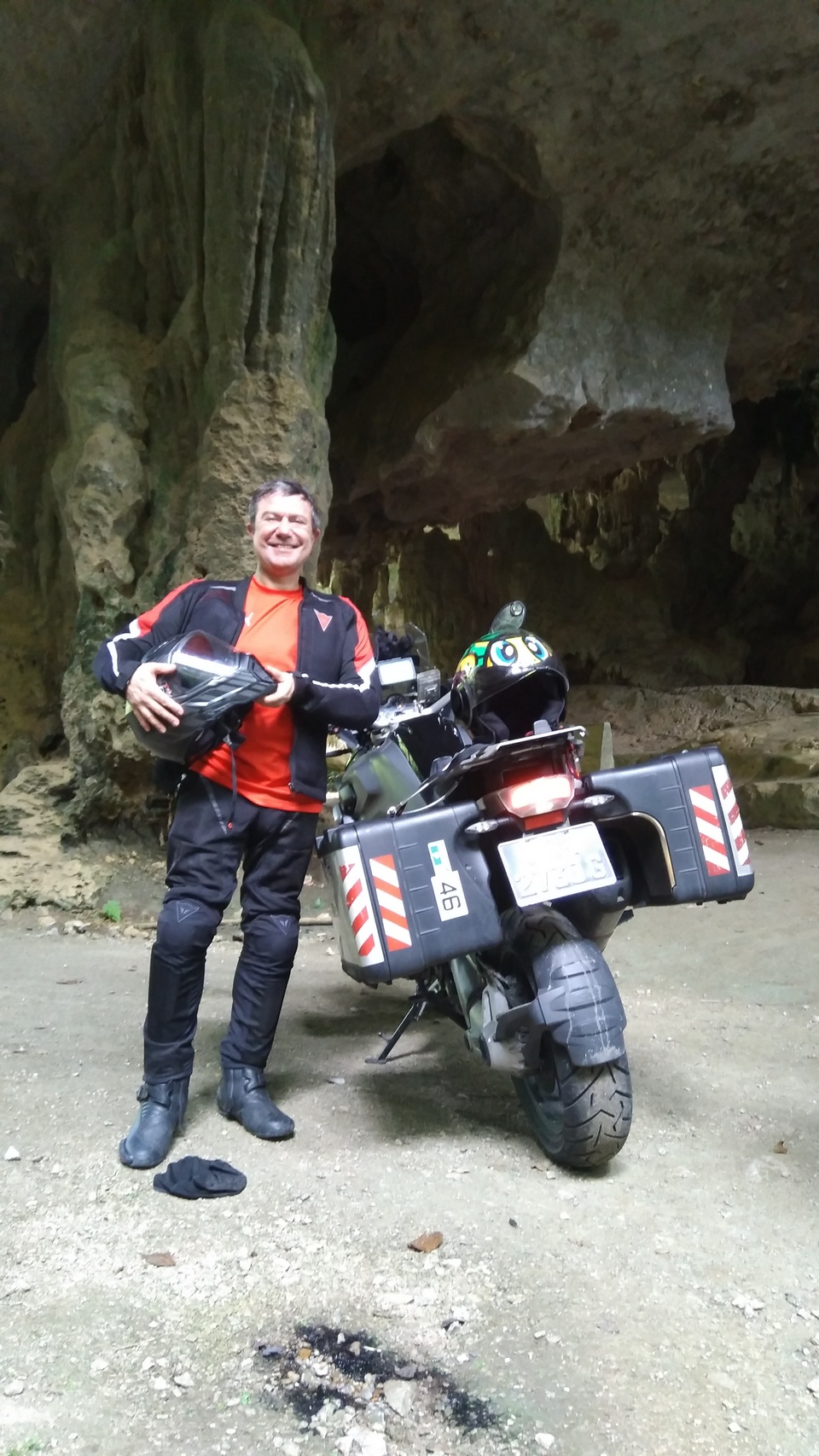 Interview with
Interview with